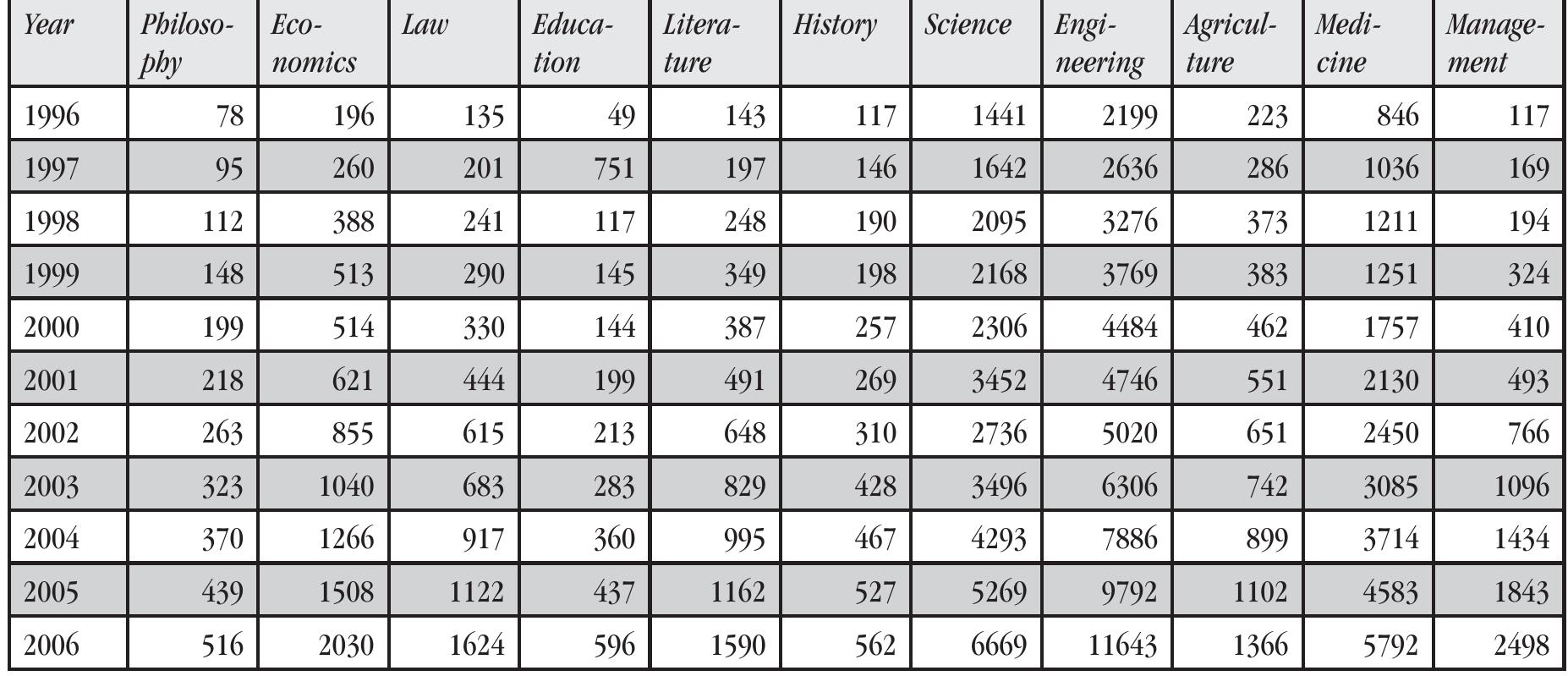Key research themes
1. How do academics navigate and construct professional identities amid the tension between traditional academic values and contemporary managerial or market-driven demands?
This research area investigates how academics experience and manage identity tensions arising from conflicting demands of academic professionalism (autonomy, collegiality, curiosity-driven scholarship) and increasing managerialism (audit culture, market orientation, performance metrics) within higher education institutions. Understanding these dynamics is crucial as they affect academic self-conception, job satisfaction, role performance, and the broader culture of higher education.
2. How do early career and emerging academics develop scholarly and activist identities within evolving academic cultures and social contexts?
This area explores the formation of academic identities among early-career researchers and teachers, investigating how identity development is influenced by socialization processes, cultural expectations, peer interactions, and policy initiatives. Importantly, it addresses how academic autonomy, recognition, and diversity intersect with challenges such as precarity, institutional demands, and sociopolitical activism, shaping trajectories and motivations for academic engagement.
3. In what ways does professional and digital identity formation influence inclusivity, engagement, and recognition in academia, especially among marginalized or non-traditional scholars?
This theme examines the interplay between identity construction, digital presence, professional role definition, and inclusivity within academic communities. It focuses on how identity-conscious practices and digital academic networks support or hinder participation, retention, and development of scholars from diverse backgrounds, including doctoral students of color, research managers and administrators, and scholars from less globally dominant contexts.











